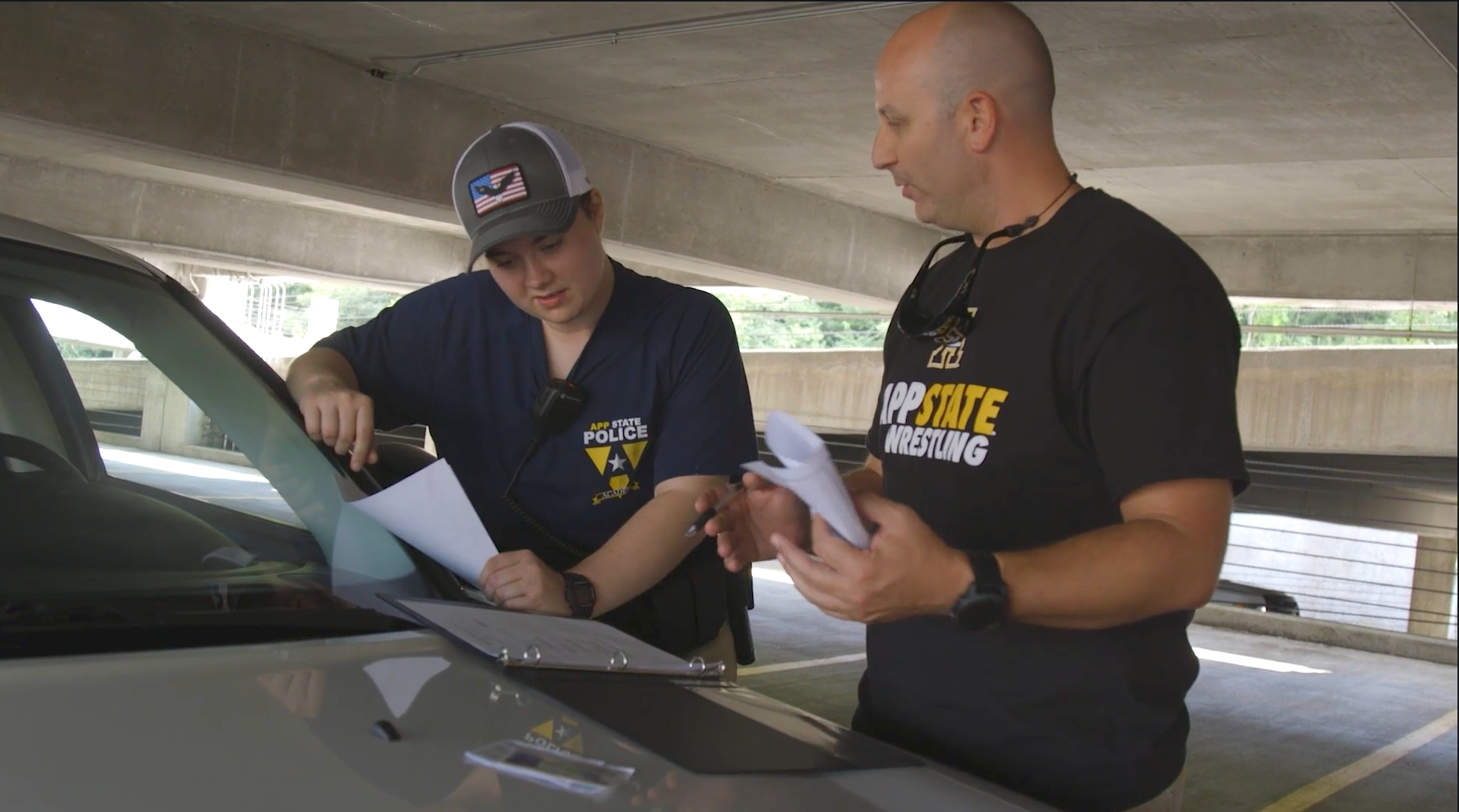Addressing Law Enforcement Labor Shortages
During 2020-2021, resignations among police officers nationwide increased by 18% when compared to previous years. During the same period, retirements among officers increased by nearly 50%, while new officers hired decreased by 5%. Efforts around North Carolina to alleviate police staffing shortages focus on better preparing and training future officers and placing emphasis on the community service aspects of the position.

The Problem
During 2020-2021, resignations among police officers nationwide increased by 18% when compared to previous years. During the same period, retirements among officers increased by nearly 50%, while new officers hired decreased by 5%. Anecdotally, some police departments have the lowest numbers of deployable officers in years (ex. Seattle, WA) and others have so few staff they can only respond to 911 calls (ex. Minneapolis, MN).
Closer to home, in 2022 the Winston-Salem Police Department faced a staffing shortage of 100 officers or 20% of their force. While some of the current labor shortage in law enforcement can be traced to general economic trends of the COVID-19 pandemic, experts also attribute much of it to changing attitudes about policing after the murder of George Floyd in 2020 by a Minneapolis police officer. Efforts around North Carolina to alleviate police staffing shortages focus on better preparing and training future officers and placing emphasis on the community service aspects of the position.
The Solution
One such solution is located on the campus of Appalachian State University in Boone. The Appalachian Police Officer Development Program (APDP) is a two-year program designed for full-time students to gain the skills, knowledge, and expertise to become a law enforcement officer, all while completing their undergraduate or graduate degree. The program is open to all majors and can be completed in addition to a student’s other classes with no additional cost. The idea behind the program is that if other careers recruit the best and brightest from college campuses, why can’t police departments do the same?
Completing the law enforcement training in a collegiate environment challenges cadets to think not only about how to do the job, but also how to do it better. One goal of the program since its inception has been to train better, more thoughtful officers who can help change the way policing is provided around the state. After completing the program, graduates work on-campus during special events or as building security to strengthen the theme of community service that the program hopes to cultivate in students. Graduates of the program are in high demand from police departments across the state and in relevant state agencies. Employers who hired APDP graduates express high satisfaction with the level of work and attention to detail cadets provide.
The Players
As many in the public reconsider the role of law enforcement officers in communities, some in the profession seek to change the image of law enforcement. One such officer is Sheriff’s Deputy Matthew Gailliard with the Nash County Sheriff’s Department. Growing up, Gailliard had many negative experiences with law enforcement officers that made him want to model a different kind of law enforcement officer. Gailliard took a job with the Nash County Sheriff’s Department in order to show young residents that officers can be trustworthy members of a community. Gailliard will often take time out of his day to interact with youth he sees along his route, in an effort to create a positive image of law enforcement officers in their mind and potentially inspire them to pursue a law enforcement career themselves.
Of course, Gailliard isn’t the only law enforcement officer with this mind set. Others across the state say they chose a career in law enforcement to create positive change in their community and reform the way people perceive law enforcement. Going forward, if the public perceives law enforcement officers as partners within a community it may help to recruit new officers from more diverse backgrounds not typically seen in the field, such as minorities and women. Such diversity can strengthen law enforcement’s relationship with a community and result in better outcomes.
The Promise
The shortage of new police officers, as well as the quality of applicants among those who often apply, led one former police chief to recognize the importance of proper training for new recruits. For that reason, Eric Southerland became director of the Basic Law Enforcement Training Program (BLET) at James Sprunt Community College in Duplin County. As the name implies, the program covers basic law enforcement techniques and knowledge, often through the use of demonstrations and trainings.
The curriculum of the 640-hour program follows standards set by the state. Because of the state curriculum and partnerships with local law enforcement agencies, students often receive conditional offers (based upon passing state exams) for employment before completing the program. This track record of students securing jobs before graduation helped boost the program’s enrollment, even as officer recruitment efforts generally struggle. Many other community colleges across the state also offer the BLET program in order to increase the number of well-trained officers in their communities. Like Appalachian State’s program, one of the main focuses of the BLET program is on community service and building meaningful relationships with residents through policing.



